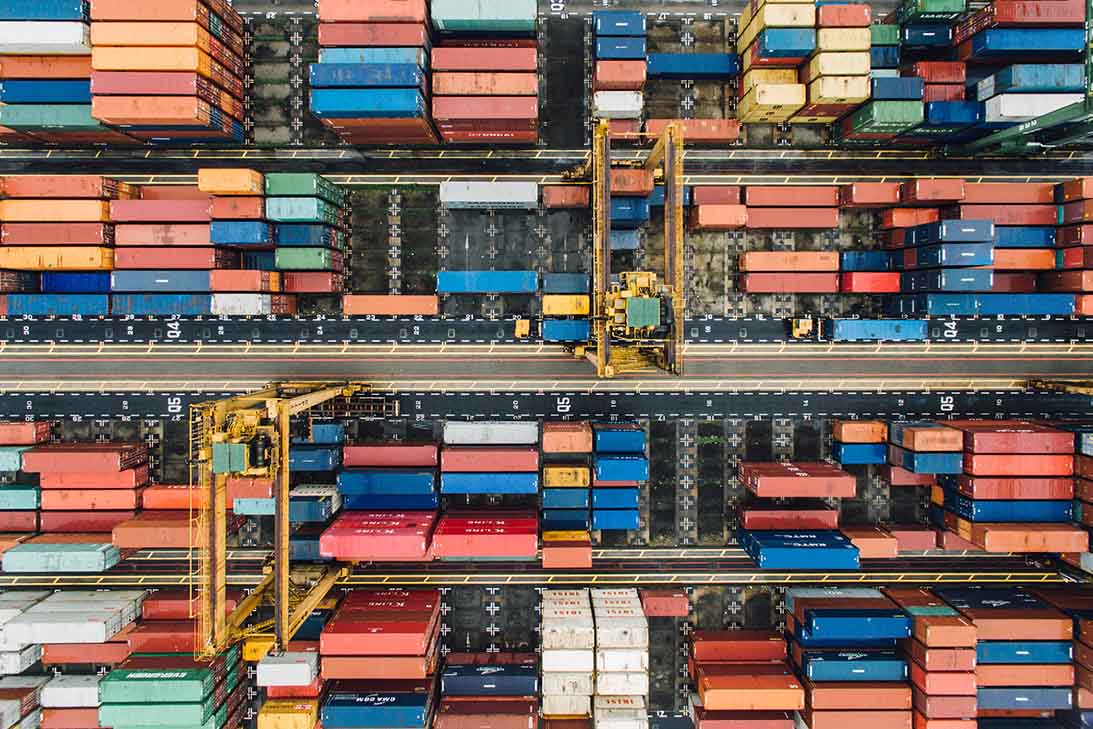Vietnam Confirms Ban of Crypto Miner Imports
After several months of deliberation, Vietnam has finally decided to make its decision to ban the import of crypto mining equipment official.
After announcing its proposal to “apply suspension measures toward the importing of mining equipment” two months ago, the government of Vietnam has finally decided to make this official, according to a customs department in the country.
Earlier in June, the South East Asian country joined the league of nations that restrict the operations of digital currencies due to cases of fraud and scams running rampant in the nation’s cryptocurrency market. This move was led by the Vietnam Ministry of Finance (MoF), who issued a temporary but blanket ban on the imports of cryptocurrency mining equipment – or application-specific integrated circuits (ASICs), to be more specific.
Ever since then, the crypto mining scene in Vietnam has never been the same. Starting July, the import of crypto mining equipment by various domestic businesses in Vietnam gradually came to a complete halt, according to the Ho Chi Minh City (HCM) Customs Department.

This piece of news was reported by local news website Viet Nam News, who also pointed out that Vietnam has imported more than 3,664 cryptocurrency mining rigs in the first six months of 2018, and 9,300 more in the previous year. Out of these devices, 3,000 of them were purchased by four of the biggest enterprises in Vietnam, while the remaining were imported by individuals and organizations – who do not have import tax codes. Furthermore, according to the report, a majority of that equipment was ‘Antminer’ branded models developed by Beijing-based manufacturer Bitmain.
Crypto Mining Ban in Vietnam – As It Happened
The cryptocurrency scene in Vietnam came under the government’s scrutiny at the beginning of the year, after a series of devastating scams shook the crypto space, according to the Hanoi Times. These cases of fraud resulted in over 32,000 investors losing a whopping total of $658 million. The fraudulent Initial Coin Offerings (ICOs) were perpetrated by the Ifan and Pincoin cryptocurrencies in April, and were dubbed the “Vietnam’s largest cryptocurrency fraud”.
Due to the devastating frauds, Vietnam’s Prime Minister’s office decided to order various government authorities – including the central bank and several ministries – to increase the amount of supervision over “activities related to bitcoin and other cryptocurrencies” starting April 2018.
As the Vietnamese government tightened their supervision over cryptocurrencies, it was only a matter of time before they started regulating crypto mining as well. The decision to issue this interim restriction was made by the finance ministry on the basis that cryptocurrencies are “difficult to regulate” the new cryptocurrencies and forms of payments in tokens created by mining hardware.

The Vietnamese government has always had a rough relationship with cryptocurrencies. Back in mid-2017, the Vietnamese government suggested that they might legalize cryptocurrencies like Bitcoin. However, this decision was eventually rendered null and void when the central bank refused to consider Bitcoin as a recognized non-cash payment method, effectively prohibiting the use of cryptocurrencies in the process.
“According to the provisions of the law, Bitcoin and other virtual currencies are not lawful means of payment in Vietnam,” read a statement by the central bank of Vietnam. “The issuance, supply, use of bitcoin and other similar virtual currency as a means of payment is prohibited in Vietnam.”
Vietnam Not The Only Country To Ban Crypto
The Vietnamese government’s hostile attitude towards cryptocurrencies is not unprecedented, especially in the Asian region. In September 2017, China announced its clampdown on Bitcoin and other cryptocurrencies, causing the price of Bitcoin plummeted from a high of $4,857 to $3,260 – a 32.8% drop in value.
Then, in January 2018, South Korea’s justice minister Park Sang-ki announced that the ministry is preparing a bill to ban cryptocurrency trading through its exchanges, according to Reuters. This event was one of the main precursors of the 2018 crypto market meltdown, and truth be told, the market has never been able to fully recover since.
Follow us on Twitter, Facebook, Steemit, and join our Telegram channel for the latest blockchain and cryptocurrency news.

Steven Steel
Steven Steel is an award-winning novelist, blogger, and entrepreneur. He is currently the Content Manager at the cryptocurrency blog, CryptoTicker. He is also in charge of community management for Paranoid Internet, the leading marketing and consulting agency in Germany.
Regular updates on Web3, NFTs, Bitcoin & Price forecasts.
Stay up to date with CryptoTicker.
